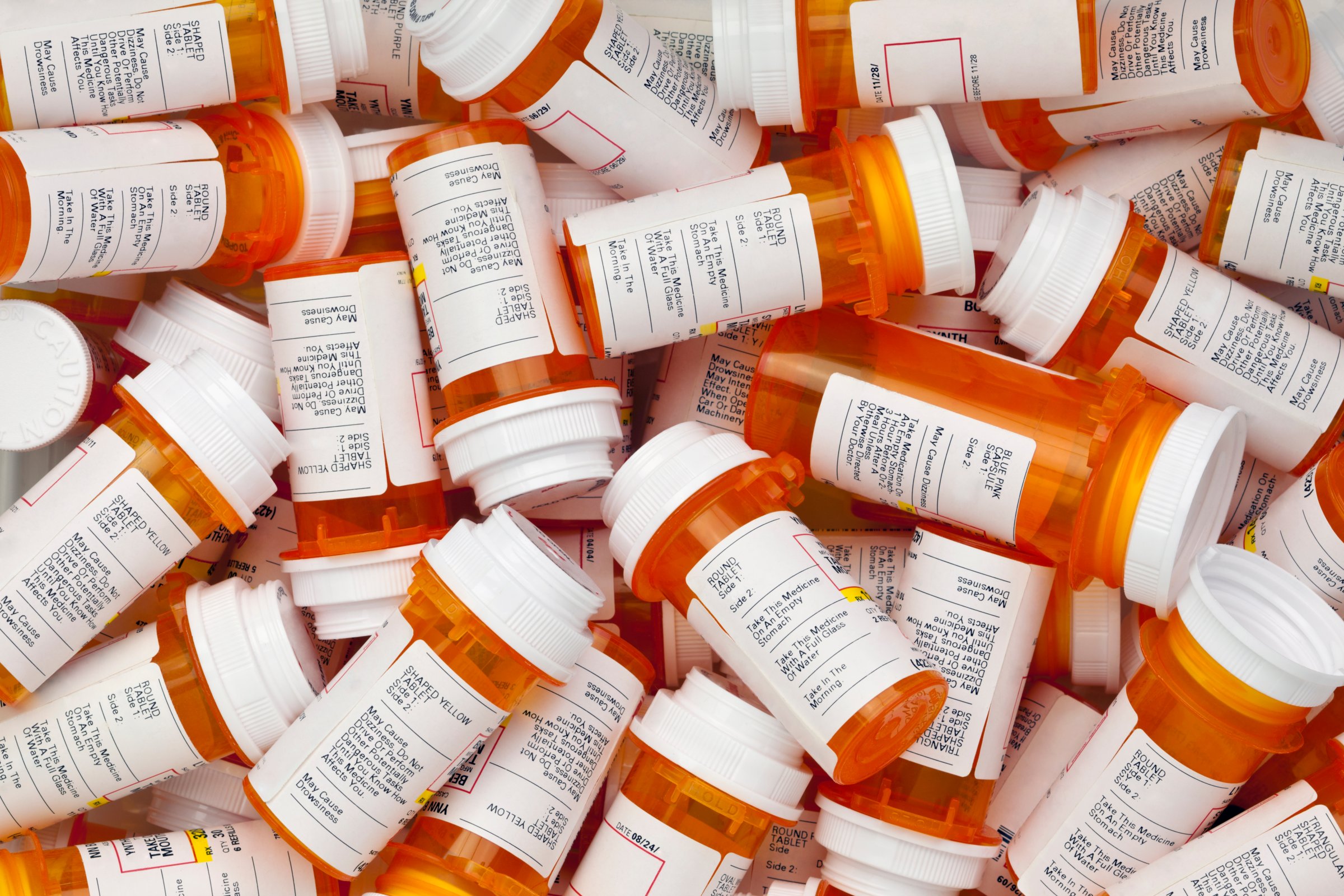
A federal judge on Monday ruled that the government must obtain parental or guardian consent before administering psychotropic drugs—those that can affect the brain or behavior—to migrant children in its care. But plenty of questions still remain about what these drugs do to young brains in the first place.
“The benefits or risks of psychotropic medications to brain development are only beginning to be evaluated,” says Dr. Manpreet Singh, director of the Pediatric Mood Disorders Program at Stanford University. “We haven’t actually looked, directly and in systematic ways, at the effects of these medications beyond an acute setting.”
In 2012, Singh co-authored a review of existing research on pediatric use of psychotropics, and concluded that most studies have shown either benefits or minimal effects associated with kids taking these drugs, which are commonly used to treat psychiatric symptoms including depression, anxiety, mania, psychosis and attention issues. But the paper noted that “knowledge of the long-term risks of the various interventions is very limited,” leading to “justifiable concerns” about their use in developing brains — and Singh says her assessment remains the same six years later.
“What we need are more carefully designed research studies to be able to understand the biological effects of trauma, as well as other events in childhood, and how treatments such as psychotherapy, as well as medications, can have an impact on those effects,” Singh says.
Psychotropics entered the spotlight in April, when lawyers from the Center for Human Rights & Constitutional Law filed a lawsuit claiming that staff at Texas’ Shiloh Treatment Center routinely gave migrant children in their care psychotropic drugs, sometimes without consent or explanation. In some cases, the court filings say, drugs were used as “chemical straight-jackets” to maintain order. Court filings mention a range of psychotropic drugs allegedly used at Shiloh, including sedatives, antidepressants and medications for bipolar disorder, ADHD, schizophrenia and seizures. These include clonazepam, divalproex, duloxetine, guanfacine, lurasidone, ziprasidone, olanzapine and topiramate.
Judge Dolly Gee on Monday ruled that the government was in violation of the Flores agreement, a policy that regulates the care of detained immigrant children. Under Gee’s ruling, officials may only administer psychotropic drugs with parental consent, a court order or in cases of emergency. Gee also said children covered by the suit should be transferred out of Shiloh, unless they’ve been found by a psychologist or psychiatrist to pose “a risk of harm to self or others.”
The U.S. Department of Justice and the U.S. Department of Health and Human Services’ Administration for Children and Families declined TIME’s requests for comment. A statement on Shiloh’s website says a series of audits found that, “All of the widely distributed allegations about Shiloh were found to be without merit. The children have been found to be properly cared for and treated.” Gee’s ruling, however, states that Shiloh staff members had at times signed approvals for medications, rather than a parent or legal guardian.
Psychotropic drugs can be effective when properly prescribed and administered by a mental health professional. In a 2006 American Psychological Association survey of 2,500 practicing psychologists, 99% said psychotropic drugs “can play a positive role in treating mental health disorders.” And 2015 recommendations from the American Academy of Child and Adolescent Psychiatry say these medications can be effective for young patients, though they emphasize that “the use of psychotropic medication for children and adolescents should be part of holistic and collaborative mental health treatment,” and that treatment should be “individualized, family-driven, and youth-guided.”
Indeed, it’s the context and conditions under which psychotropic medications were allegedly administered at Shiloh that Singh says gives her the most pause.
“In child psychiatry, our practice is to start with psychotherapy, and to try to use resilience-based mechanisms to help children regulate their sleep and their diets and use exercise and other strategies before we move to medications,” Singh says. “The fact that medications are being used in this context is, in my mind, suggesting that these kids are experiencing very intense and very psychologically severe symptoms that are meriting pretty significant psychiatric intervention.”
The ruling that psychotropics may only be used with consent simply brings Shiloh, and similar facilities, in line with existing protocols in medicine, Singh adds. Knowing the inherent risks and benefits of these drugs is important, Singh says — but equally important is ensuring that they are used only by patients and families who understand this cost-benefit analysis.
“Why should these standards be different for children, or for immigrants? It’s to ensure that the patients and families are informed about a treatment that’s being provided,” Singh says. “There’s a difference between good medicine and good policy. One cannot make up for the other. In this scenario, even good medicine can’t ameliorate bad policy.”
More Must-Reads from TIME
- Why Trump’s Message Worked on Latino Men
- What Trump’s Win Could Mean for Housing
- The 100 Must-Read Books of 2024
- Sleep Doctors Share the 1 Tip That’s Changed Their Lives
- Column: Let’s Bring Back Romance
- What It’s Like to Have Long COVID As a Kid
- FX’s Say Nothing Is the Must-Watch Political Thriller of 2024
- Merle Bombardieri Is Helping People Make the Baby Decision
Write to Jamie Ducharme at jamie.ducharme@time.com